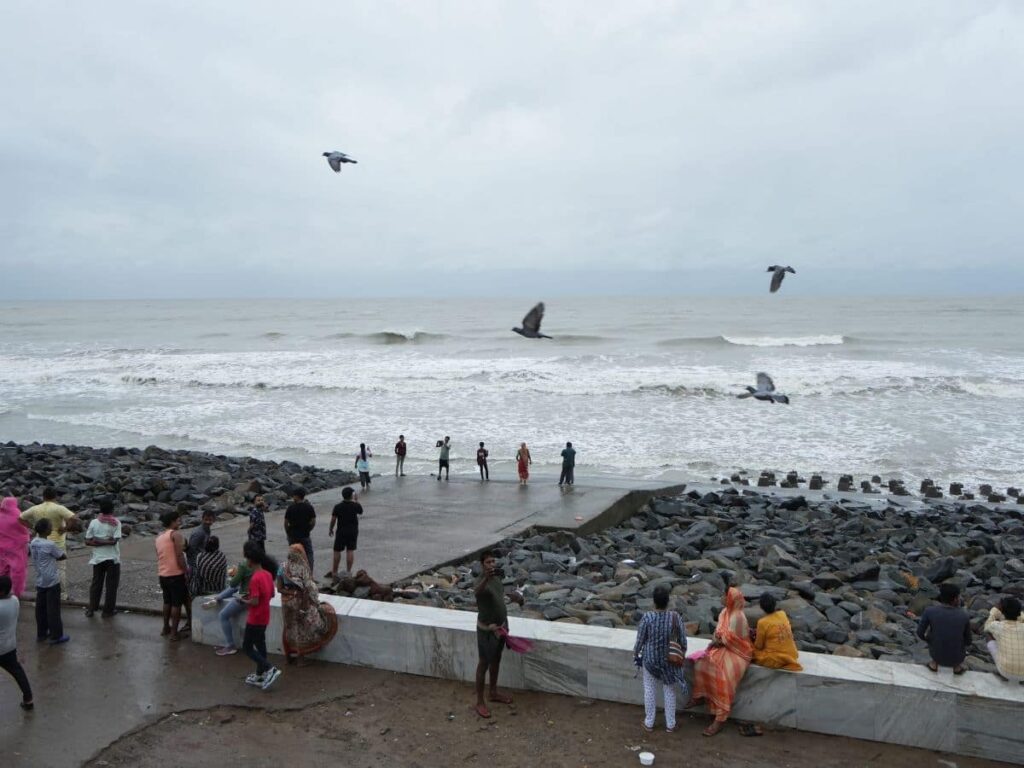Cyclone Dana has recently made headlines as it wreaks havoc across the coastal regions of Bengal and Odisha. Originating from the Bay of Bengal, this powerful cyclonic storm has caused widespread devastation, uprooting trees, damaging homes, and severely impacting infrastructure. Wind speeds reached up to 120 kilometers per hour as the storm made landfall near Dhamra and Bhitarkanika in Odisha. In Digha, strong gusts of wind have uprooted large trees, and the situation remains critical as the cyclone has now moved past the northern Odisha coast.
Impact of Cyclone Dana
Destruction in West Bengal and Odisha
The impact of Cyclone Dana has been felt across both West Bengal and Odisha, with reports of extensive damage to residential areas and public infrastructure. This section will explore the severity of the damage caused, as well as the response efforts put in place by local authorities.
| Region | Type of Damage | Estimated Cost of Damage (INR) |
|---|---|---|
| Odisha | Uprooted Trees, Damaged Infrastructure | 500 million |
| West Bengal | Damaged Homes and Roads | 300 million |
Rescue and Relief Operations
In response to the severe impact of Cyclone Dana, local government agencies and NGOs have mobilized rescue and relief operations. Evacuation centers have been established for displaced families, and efforts are underway to provide essential supplies such as food, water, and medical assistance.
Meteorological Insights
Understanding Cyclone Formation
Cyclones like Dana develop over warm ocean waters, fueled by moisture and atmospheric instability. The Bay of Bengal is particularly prone to cyclonic storms, especially during the monsoon season. Understanding these meteorological processes can help in better predicting future storms and mitigating their impact.
Forecast and Future Implications
Meteorologists continue to monitor the remnants of Cyclone Dana to forecast its potential trajectory and residual impacts. It is crucial for coastal communities to stay informed about weather updates and remain prepared for any unexpected changes.
Conclusion
Cyclone Dana serves as a stark reminder of the power of nature and the vulnerabilities faced by coastal regions. As the storm moves away from the coastline, recovery efforts will need to be prioritized to address the damage and support those affected. Continued awareness and preparedness are essential in mitigating the impacts of future cyclones as climate change contributes to increasing severity and unpredictability of storm patterns.
